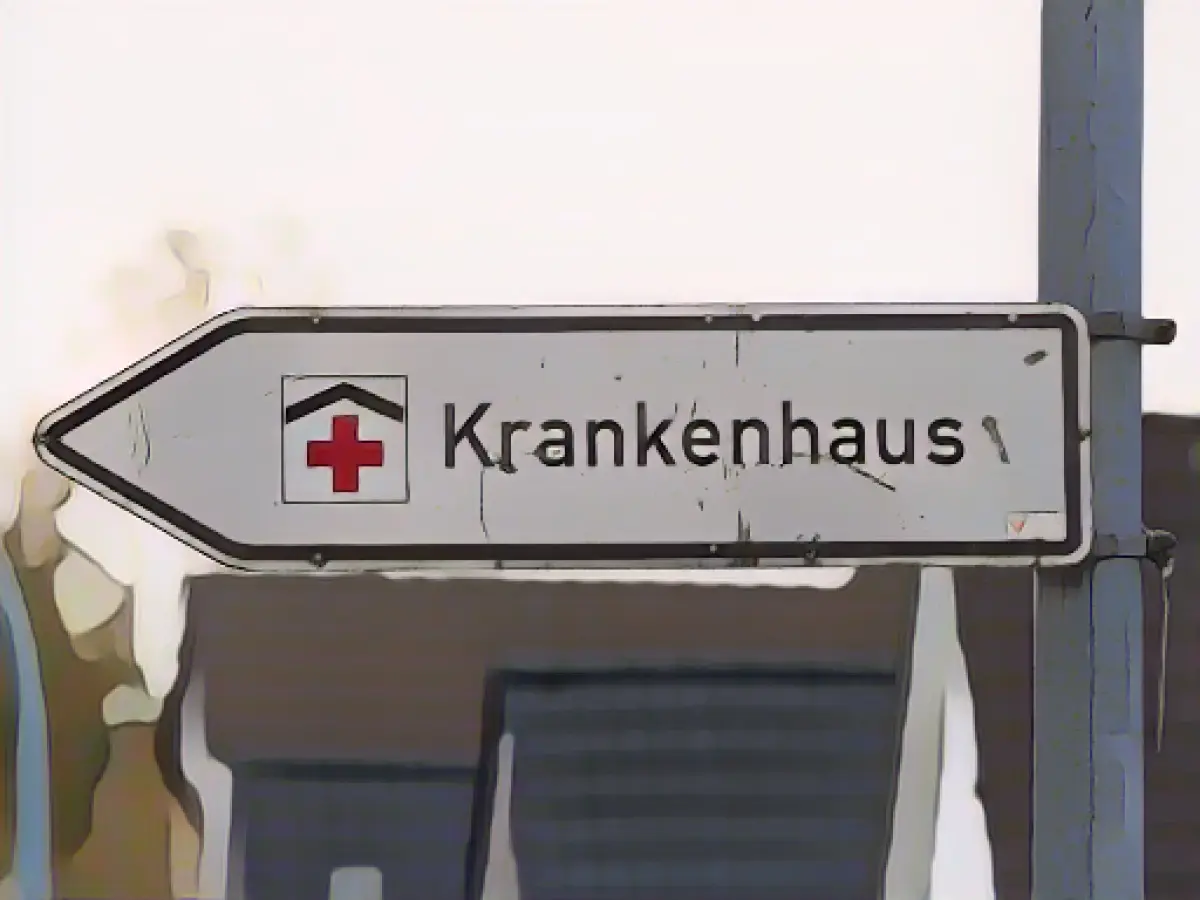Hospital reps gather to discuss potential overhaul
A gathering of 37 hospital representatives huddles in Schwerin today at 10 a.m., set to discuss the looming hospital reform. The Mecklenburg-Vorpommern Hospital Association invited state and federal politicians to partake in this event under the headline "Revolution or chaos in care."
With the federal government's planned hospital reform aiming to alleviate struggles for smaller clinics subject to the current remuneration system, experts express trepidation over delayed impacts and the potential decline of rural hospitals in the process.
Health Minister Stefanie Drese (SPD) from Mecklenburg-Western Pomerania affirms the state's commitment to preserving the existing hospital structure in the region, while encouraging sustainable ideas from operators.
The planned hospital reform seeks to bolster the position of small clinics confronting obstacles due to the current payment system. However, the reform could arrive too late, contributing to the potential demise of hospitals in rural areas.
Enrichment Insights:
- The main grievances revolving around the proposed hospital reform stem from the Deutsche Krankenhausgesellschaft (DKG), who foresee exacerbating hardships for rural hospitals. These facilities often grapple with staffing and resource shortages, and concerns persist that the reform could exacerbate these conditions.[1]
- Reforms focusing on centralizing services at larger hospitals have the potential to decrease offerings at smaller clinics. This could lead to reduced healthcare accessibility for rural populations relying on these institutions for their medical needs.[1]
- Without specific details regarding Mecklenburg-Vorpommern, the general concerns concerning the impact on rural areas and smaller clinics provide a reference point for the region's healthcare infrastructure, potentially grappling with similar challenges in the broader context of German hospital reform.[1]
- Amid these concerns, the DKG calls for critical adjustments to the reform, including ensuring that smaller clinics and rural hospitals don't face disproportionate consequences. This includes securing funds and resources for these facilities and guaranteeing they can supply essential services without being overwhelmed by intricate procedures.[1]
In conclusion, the discussion shines a light on potential negative ramifications of the hospital reform on smaller clinics and rural hospitals, underscoring the need for cautious planning and reconsiderations.








